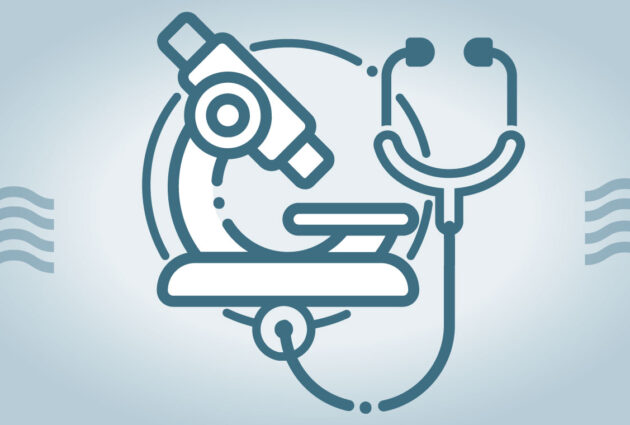Screening in Trauma for Opioid Misuse Prevention: Adaptive Intervention (STOMP-AI)
At a Glance
The Screening in Trauma for Opioid Misuse Prevention: Adaptive Intervention (STOMP-AI) project is leading efforts to address the critical issue of opioid misuse and use disorder (OMUD) among patients hospitalized for traumatic injuries. The project is led by Dr. Randall Brown MD, PhD, DFASAM, professor, Department of Family Medicine and co-collaborator Ben Zarzaur, MD, MPH, FACS, professor, Department of Surgery.
OMUD remains a devastating epidemic in the United States, and prescription opioid misuse (POM) continues to contribute to this national health crisis. By implementing a brief, preventative telehealth intervention tailored to individuals’ risk for OMUD, the project aims to improve nationwide opioid misuse prevention strategies. Successful completion of this project could ultimately save lives and enhance the quality of care for trauma patients.
The research team includes a number of multidisciplinary collaborators, including Andrew Quanbeck, PhD, associate professor, Department of Family Medicine and Community Health; Shinye Kim, PhD, M Ed, assistant professor, Department of Counseling Psychology, UW–Madison School of Education; Colleen Trevino, RN, NP, PhD, associate professor, Department of Surgery, Medical College of Wisconsin; Danny Almirall, PhD, research associate professor, Institute for Social Research, Department of Statistics, University of Michigan; Tamara Somers, PhD, associate professor, Department of Psychiatry and Behavioral Sciences, Duke University
The Challenge
The United States continues to grapple with a devastating opioid epidemic. Prescription opioid misuse (POM) is a major contributor to this crisis, leading directly to misuse and overdose and indirectly through the progression of POM to illicit opioid use, use disorders and overdose. People recovering from traumatic injuries are particularly vulnerable, as about 75 percent of these patients are prescribed opioids, often for extended periods. Unfortunately, current interventions to prevent opioid misuse and use disorder (OMUD) are insufficient, highlighting the urgent need for new strategies that can reduce the harmful impacts of opioid misuse while ensuring effective and compassionate pain management.
Project Goals
The STOMP-AI team believes that a brief, preventative telehealth intervention tailored to an individual’s risk for OMUD can be implemented in hospitals to help reduce the likelihood of opioid misuse. Their research aims to achieve two main goals:
- Test an Augmented Treatment Approach: The primary aim is to evaluate the effectiveness of a customized treatment plan in reducing OMUD, pain catastrophizing and pain severity among patients at moderate or high risk of opioid misuse.
- Identify the Best Adaptive Trauma Care Intervention: The secondary aim is to determine the most effective personalized trauma care intervention by assessing levels of opioid misuse 24 weeks after hospital discharge.
Successful completion of the STOMP-AI project could pave the way for better opioid misuse prevention strategies that can realistically be implemented nationwide, ultimately saving lives and improving the quality of care for trauma patients.
